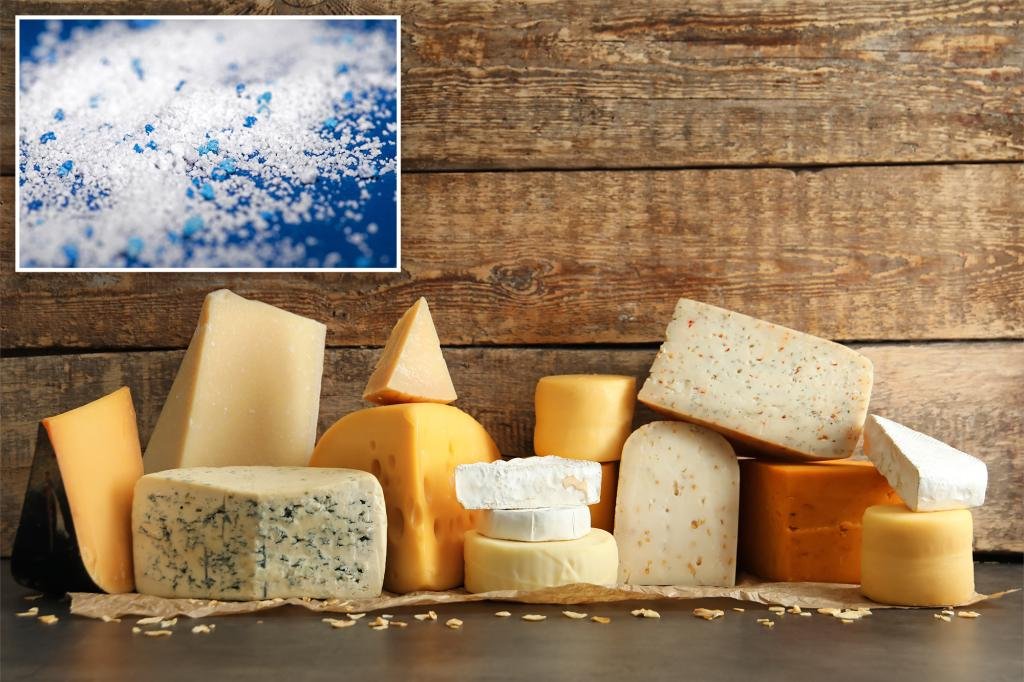
Your cheese is teeming with microplastics – which kind is the worst
It’s not good news
A study conducted in Italy found that almost all dairy products contain microplastics, and they are found in much more cheese than in regular old milk.
But not all cheeses are created equal: some varieties contain more particles than others.

Researchers in University of Padua The researchers analyzed 28 samples of dairy products, including milk and several types of cheese, and discovered microplastic particles in all but two.
The most common types of microplastics were PET, polyethylene and polypropylene, which are often found in food packaging — but the authors note that this is not the only way plastic may leak.
In fact, this can contaminate dairy products well before they are packed into cartons or wrappers.
Some potential sources they suggest include farm-level feed, milking equipment, or clothing; Clothing and protective equipment in processing plants; Processing, transportation and storage machines.
and Dairy type Your choice can make a big difference in how many microplastics you ingest.
Milk was found to contain only 350 molecules per kilogram, which is much lower than the more than 1,000 molecules per kilogram found in cheese.

Fresh cheese is less contaminated than mature cheese, as it contains only 1,280 particles per kilogram compared to mature cheese, which amounts to 1,857 particles per kilogram.
Fresh cheese is made from fresh curds that have not been squeezed or pressed. This includes items such as mozzarella, ricotta, burrata, feta, mascarpone, cream cheese, cottage cheese, paneer, and queso blanco.
Meanwhile, mature cheese becomes stale or mature. Examples include cheddar, Gouda, Gruyere, Camembert, Parmesan, and blue cheeses such as Gorgonzola.
But why should you care if you eat microplastics? Research on this topic is still early, but studies have linked microplastics in the body to a range of health problems.
They have been found Interfering with blood sugar levelsdamaging the liver, negatively Impact on mental health,operator Chronic inflammationcell damage, Disruption of hormones And even mess with Bacteria in our intestines.
Exposure has been linked to such issues of concern as: cancer, Infertility, My heart disease and Lung conditions.
If you want it Reduce your intakeExperts suggest ditching plastic water bottles, boiling and filtering tap water, ditching plastic cutting boards, and stopping heating up leftovers in plastic containers in the microwave.













Post Comment